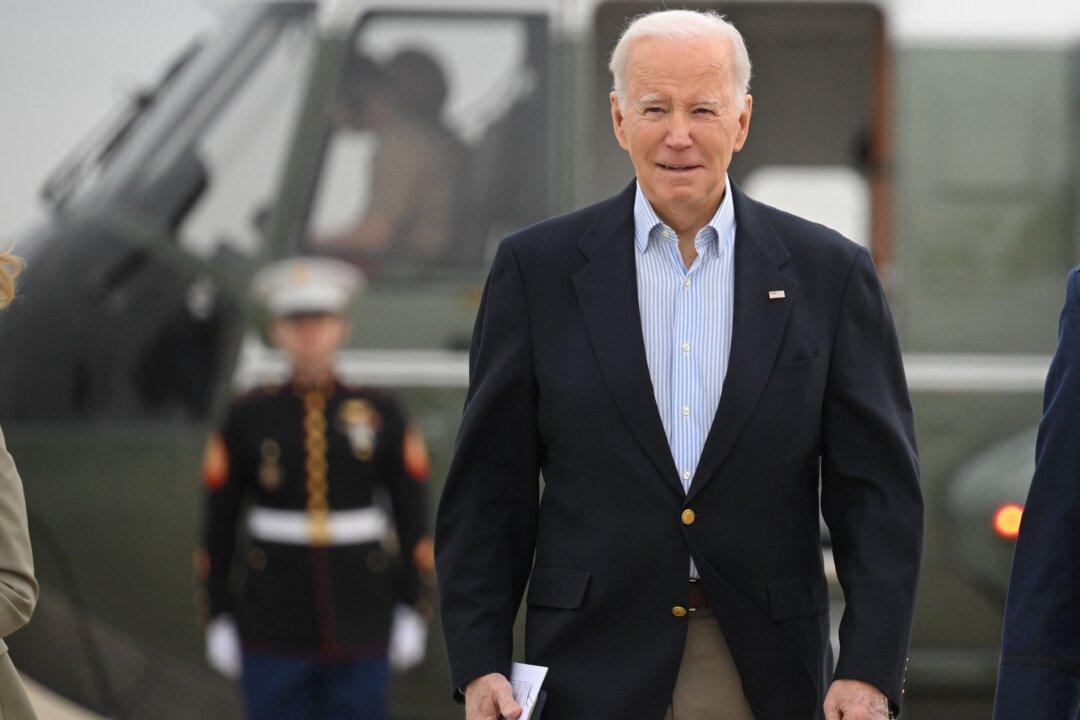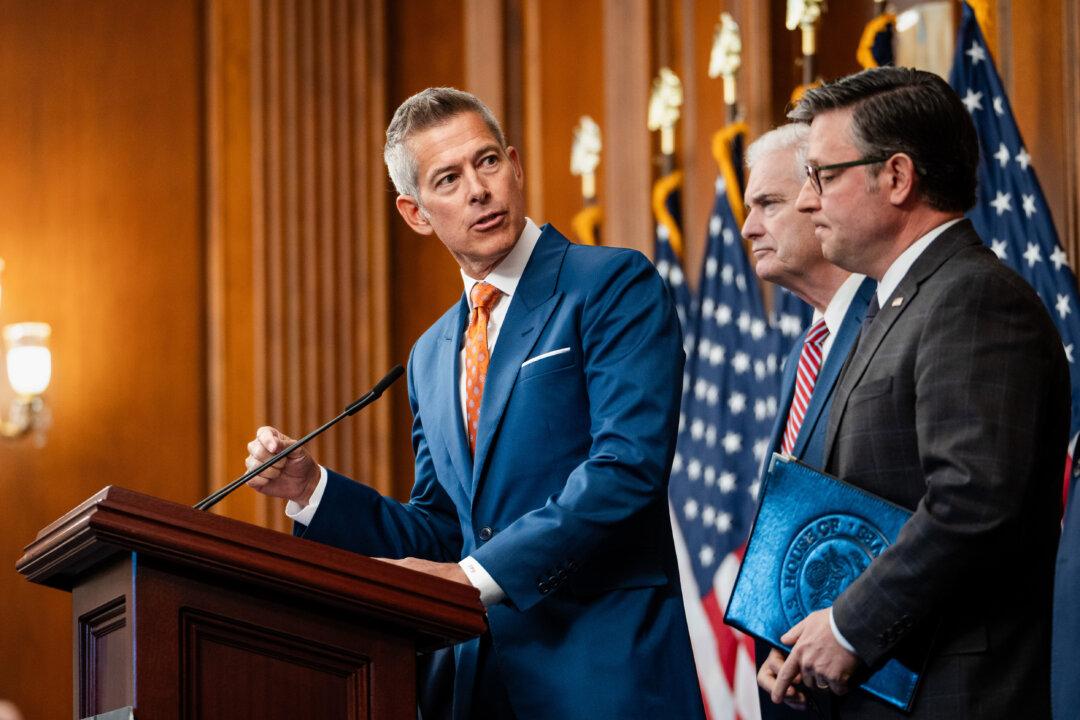President Joe Biden will be visiting Northern Ireland next week to commemorate a historic agreement that brought peace to the region despite UK intelligence warnings about a potential terror threat in the area.
“President Joseph R. Biden, Jr. will travel to the United Kingdom and Ireland from April 11-14,” White House press secretary Karine Jean-Pierre said in a statement on April 5. Biden will visit Belfast, Northern Ireland, between April 11 and 22 to mark the 25-year anniversary of the Good Friday Agreement (GFA) and to “underscore the readiness of the United States to support Northern Ireland’s vast economic potential to the benefit of all communities.”





